A year ago, OpenAI and ChatGPT changed the world, but it's too soon to tell if it's for the better
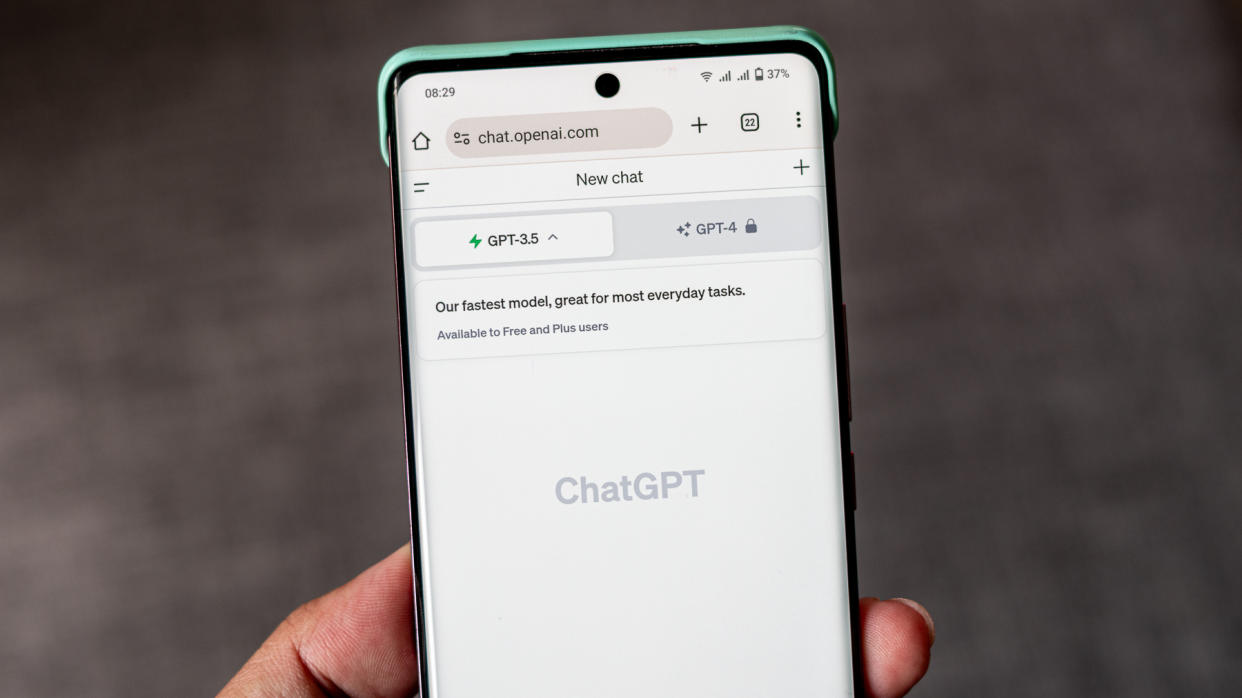
Beyond the Alphabet
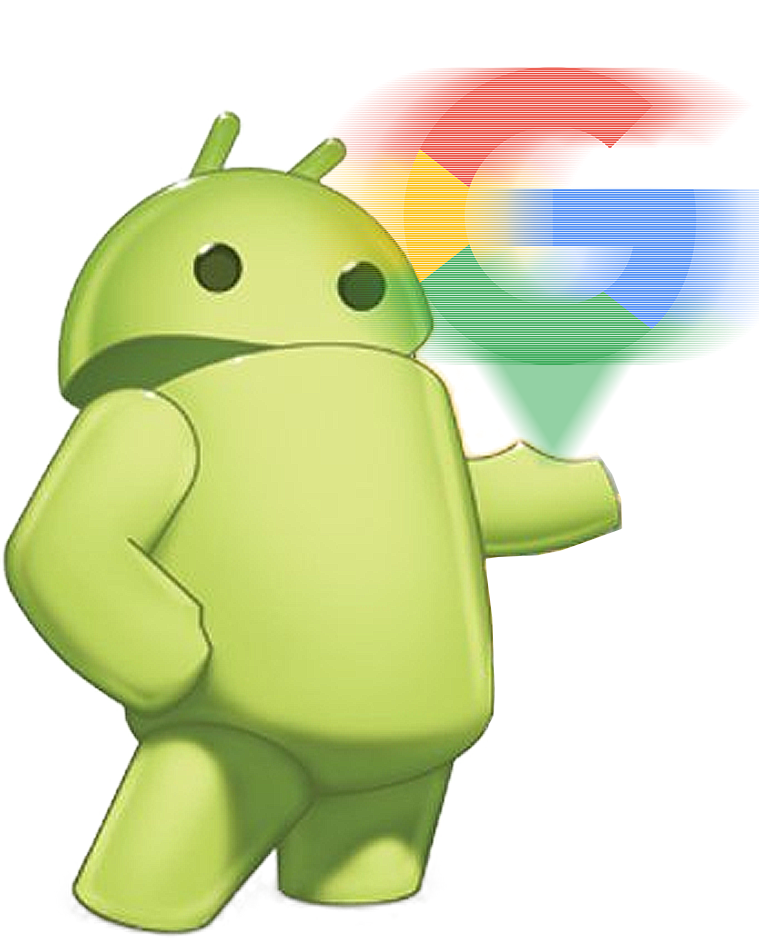
Beyond the Alphabet is a weekly column that focuses on the tech world both inside and out of the confines of Mountain View.
Do you remember what was happening a year ago? I sure didn't. But here's a quick refresher: NASA had just launched Artemis 1 from the Kennedy Space Center, Elon decided it was a good time to listen to the masses and reinstated former President Trump's Twitter account, and the Galaxy S23 had just passed through the FCC. Oh, and OpenAI launched its first public-facing chatbot, named ChatGPT.
Since the launch of Chat GPT, it's been an absolute whirlwind, and I feel pretty confident stating the obvious: The tech world might not ever be the same again.
Disclaimer: Images used in this piece were generated using custom prompts through Dall-E within ChatGPT.
What's happened in the past year?

As I'm writing this, it's been 365 days since ChatGPT was launched, with OpenAI stating that it's "trained to follow an instruction in a prompt and provide a detailed response." At first, it seemed that ChatGPT was just another cool-looking online tool that you might mess around with, but probably not. Hell, I didn't even hear about it until a week or two later, when it just happened to catch a ride with Artemis 1.
Things were relatively quiet, and there wasn't much in the way of improvements that were made to ChatGPT until February 2023. Not only did OpenAI announce ChatGPT Plus, with plans starting at $20 per month, but less than one week later, Microsoft put Google on notice. With an announcement, Microsoft confirmed that it would be implementing OpenAI's GPT-4 model into Bing. This created an all-new experience that we hadn't yet seen, as Microsoft then released a new version of Edge featuring "Bing Chat" in the browser.
On the Microsoft front, the company has continued to work on improving the experience, while eventually also updating ChatGPT with the ability to "Browse with Bing." After seeing success with the Bing Chat integration, Microsoft somewhat rebranded Bing Chat and has made it a built-in tool for Windows 10 and Windows 11, dubbed CoPilot. There's a good chance you already have access; just press the WIN + C keys and see what happens.
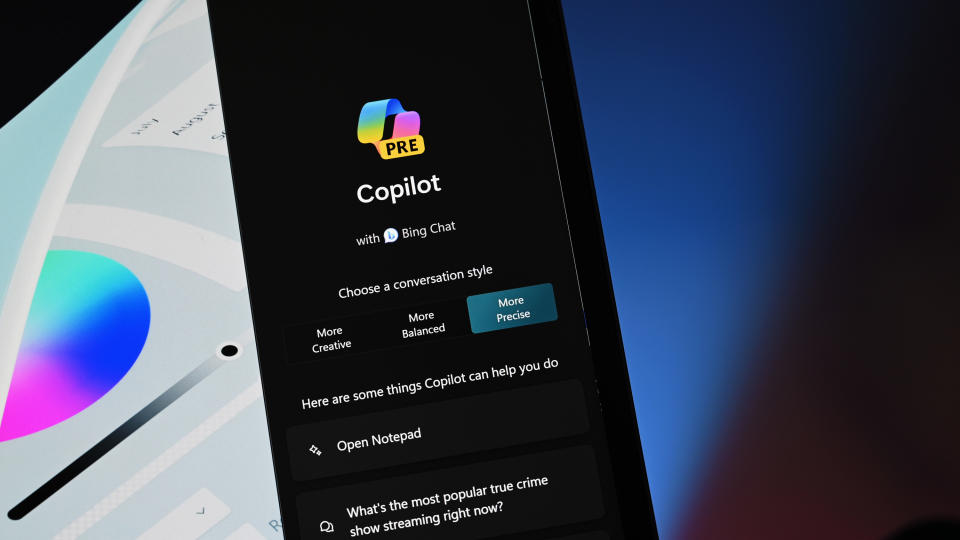
Although OpenAI and ChatGPT made talks about AI chatbots "the norm," it's important to remember that OpenAI is a relatively new player in the game. Google has been widely recognized as an industry leader in the AI space and published its first blog post on the topic back in June 2012.
When it came to giving the public access to its various AI features, this was primarily done through apps and services, along with being part of the reason why Pixel phones take some of the best pictures. Google seemed content to go the "slow and steady" route with AI until ChatGPT reached a fever pitch. The day before Microsoft announced its GPT integration with Bing Chat, Google Bard was announced.
In the days following, reports surfaced claiming that Google employees were critical of CEO Sundar Pichai. This included supposed memes that revealed employees felt it was "rushed, botched, and un-Googley." Google has continued to press forward, trying to craft Bard to be as useful as possible, as evidenced by the announcement of Bard Extensions.
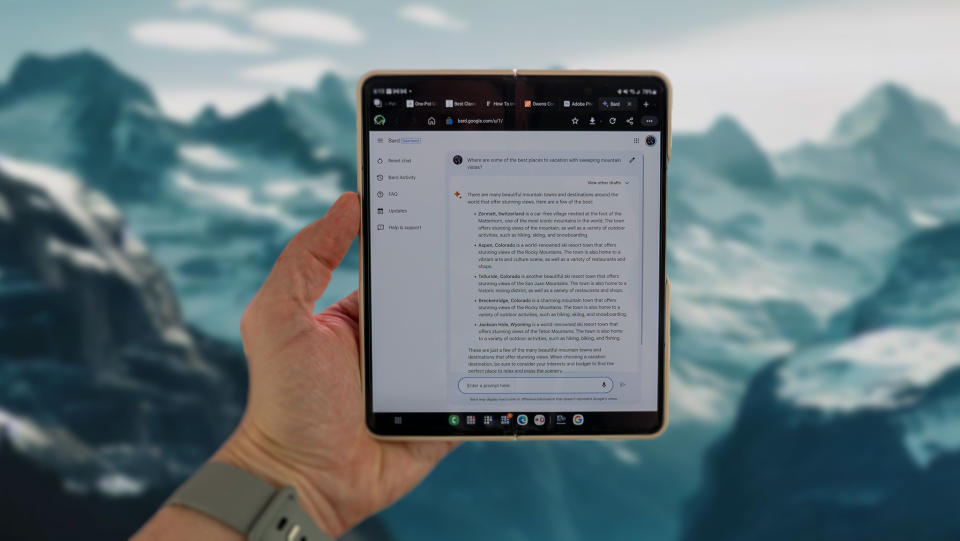
It's easy to get caught up in the whole "ChatGPT vs. Bard" comparison, even though it feels as if GPT has an insurmountable lead. In reality, it's ChatGPT versus the world, as competition has sprung like leaks on an old, rickety boat.
Meta has a Large Language Model (LLM) of its own, named Llama, and the company even went so far as to announce that Llama 2 would be open-sourced. Seriously, you can just enter your name, email, and a company name and download the Llama 2 model for yourself.
Surprisingly, neither Meta nor Google are actually OpenAI's biggest competition, as that comes in the form of Anthropic. The company was only just founded in 2021, but the real kick in the knee is that its founding members are also "former senior members of OpenAI." It raised $124 million in May 2021, raised an additional $850 million in a Series B in April 2022, and released its first ChatGPT competitor, Claude, in March of this year.
If you need any indication as to how fast this technology is evolving, Claude 2 broke cover in July 2023, while Claude 2.1 was just introduced on November 21. If Microsoft is the "big brother" for OpenAI, then Amazon is the same for Anthropic. On September 25, Anthropic announced that "Amazon will invest up to $4 billion in Anthropic." This came just days after Amazon took to the stage to introduce an improved and enhanced version of Alexa, "enabled by generative AI," at its Fall 2023 product launch event.
OpenAI and ChatGPT aren't the only players in town, but they're still the biggest. For now, at least.
The point of this long-winded yet brief walk down memory lane is just to show that we're only scratching the surface of what's to come. I haven't even touched on how machine learning (ML) and LLMs can be used to generate not only images but also videos, all with a single prompt. Let alone the fact that we're seeing more ChatGPT competitors and clones appear on what feels like a daily basis.
Oh, right, then there's the whole "CEO fired, goes to Microsoft, then gets rehired" saga.
A tectonic shift in the AI landscape

No matter what side of the line you stand on, there's no denying that OpenAI blew the doors and roof off of the whole "Skynet is here" sentiment. It's also wild to see how much money is being invested while layoffs continue to affect the tech industry in the worst ways.
However, that hasn't stopped things from developing at a pace far more rapid than I ever expected it to. No, ChatGPT and LLMs haven't taken my job yet, but with Google's Search Generative Experience (SGE), it feels like it's on the horizon. If you need any proof of it being a possibility, just take a look at what recently happened with Sports Illustrated.
There have been countless lawsuits and complaints that ChatGPT and Dall-E plagiarized or stole work from artists, writers, and others. We're still waiting for the other shoe to drop when it comes to AI regulation, even after Sam Altman, OpenAI CEO, asked for exactly that during a congressional hearing.
This is AI's "iPhone moment," and it feels like the wild west.
I'm probably being more than a bit naive when I write this, but it feels like we're living through another "iPhone" moment. It's been a long time since anything captured my attention, quite like the way the OpenAI coup vs. Sam Altman debacle played out. Thankfully, I just had to follow along, with Alex Heath of The Verge and Kara Swisher providing the most accurate and up-to-date updates as they were available. It felt like I was tracking a hurricane, and in some ways, I was.
The entire world has changed, for better and for worse, since ChatGPT debuted and was made free to use for the public. It's even easier now than it was a year ago, to actually use it thanks to the release of the iOS and Android apps earlier this year.
Not only can you use plugins to have ChatGPT do a lot of different things beyond what's already possible, but as OpenAI's inner circle was imploding, the company introduced "GPTs." These are described as "custom versions of ChatGPT that combine instructions, extra knowledge, and any combination of skills." What makes these so exciting and enticing?

Well, it's right in the body of the announcement:
"Anyone can easily build their own GPT—no coding is required. You can make them for yourself, just for your company's internal use, or for everyone. Creating one is as easy as starting a conversation, giving it instructions and extra knowledge, and picking what it can do, like searching the web, making images or analyzing data."
If that isn't enough excitement for you, then how about being able to create your own custom GPT that interacts with more than 6,000 different apps? With AI Actions by Zapier, that's exactly what you can do. It's something that's on my ever-growing "things to tinker with" list, and I'm hoping to get time to mess with it sooner rather than later. But this is about as close as it gets to being able to replace Assistant, Alexa, or Siri with ChatGPT.
What does the future hold?

Speaking of replacing Assistant, Google isn't just holding steady with its current implementation of Bard. None of these AI-forward companies are. Back in October, Google announced Assistant with Bard, which is exactly what I was hoping would happen. Yeah, I'm hoping it will make Assistant more useful, but even with blinders on, I'm excited about the short-term plans.
If you have Bard, I urge you to play around with Extensions. It lets you interact with all of your Google services, so you can have Bard give you a digest of your email Inbox or add items to a specific list in Google Keep. You can even ask Bard specific questions about a YouTube video and get relevant answers.
I want all of this and more from Google Assistant, but in a way that works and doesn't make me repeat myself 10 times just to get the right response. I'm also tired of needing to open a Chrome tab on my phone every time I want to use Bard. Microsoft already implemented Bing Chat and CoPilot into SwiftKey, while the official ChatGPT app was the "Google Play Users' Choice app of the year." You know that has to burn a little bit.
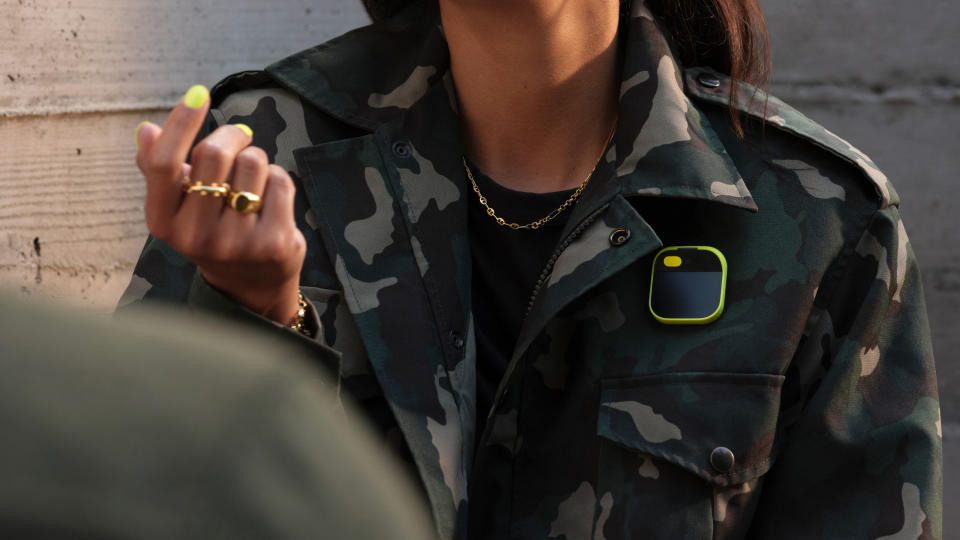
As I've covered, Google isn't the only company that the AI craze has influenced. The Humane AI Pin is one of the wackiest products to be announced in recent memory, as it projects a laser ink display into the palm of your hand and then uses hand gestures and motions for interaction. There's also a hands-free aspect and even a built-in camera so you can capture your surroundings without fumbling with your phone.
Even Apple has been recently rumored to be getting in on the "fun," as Bloomberg reports that there's an "Apple GPT" in the works. I can't see Apple introducing a revamped Siri experience powered by generative AI next year, but I'm still keeping my fingers crossed.
Despite being around since 2011, Siri still feels extremely barebones and has been relegated to the pits of despair in favor of pretty much anything else. It also helps that ChatGPT integrates with Apple Shortcuts, and I can even activate it with the Action Button on my iPhone 15 Pro Max.
To answer the question posed, I have no clue what the next year might look like. I didn't expect us to end up where we are today, and in fact, I actually expected ChatGPT to have taken over the world, just in different ways.
Without a doubt, and whether it's for better or worse, ChatGPT has changed the game. Or maybe it just started playing its own game, and we've all just been along for the ride.
